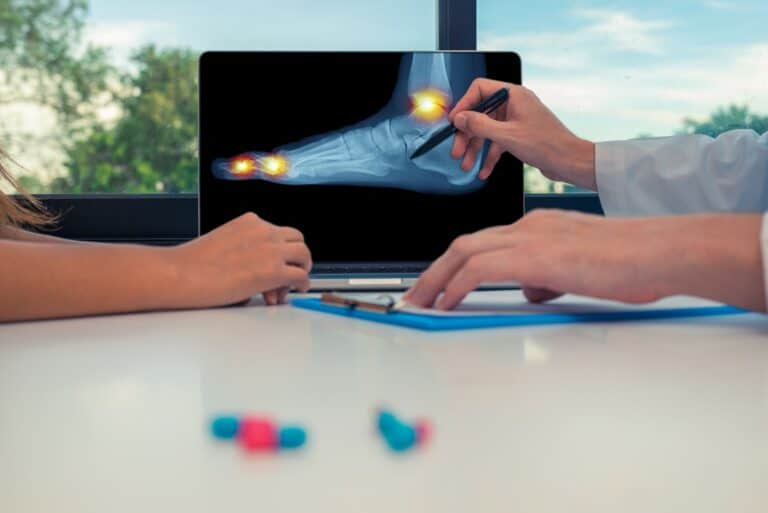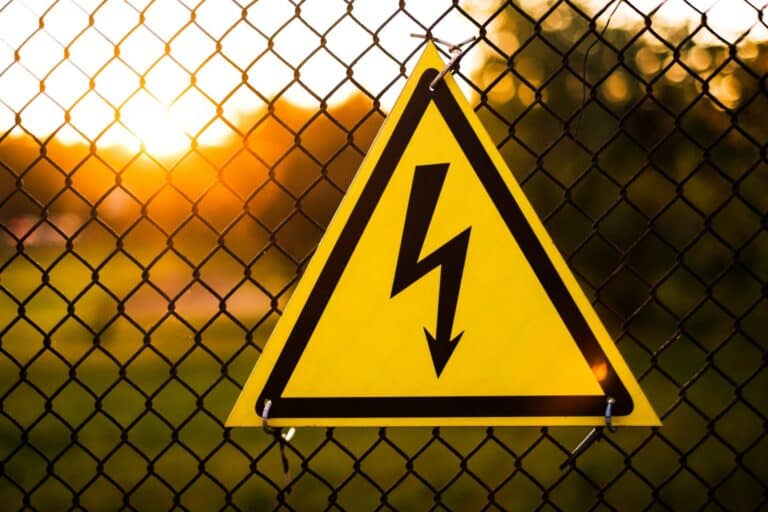
Rebuilding lives: The role of interim payments and rehabilitation in serious injury cases
When someone experiences a catastrophic injury, it is a life-changing event that has the potential to disrupt every part of their life and that of those around them.
At Bolt Burdon Kemp, our goal is to support clients through this challenging time and provide pathways to rebuild their lives. Securing interim payments and facilitating rehabilitation are two key tools in this mission.
Here I explain what interim payments are, why they’re essential, how we apply for them, and the impact they can have on our clients’ lives and their final compensation.
What is an interim payment?
An interim payment is an advance on the compensation a claimant is likely to receive at the conclusion of their case. It’s not the final settlement, but rather a portion of it that can be accessed early to help with immediate needs. Interim payments are crucial, especially for those who are unable to work due to their injuries or who require urgent medical care and support.
While the full compensation amount may take years to settle in a complex case, interim payments allow clients to access some funds early on, helping them cover medical bills, rehabilitation costs, and daily living expenses as they adjust to their new circumstances.
How do you apply for an interim payment?
To secure an interim payment, a solicitor must demonstrate the defendant accepts liability for the incident, or that the court is likely to rule in the claimant’s favour.
Once this groundwork is in place, we can request payment from the defendant’s insurer. The court has the discretion to order an interim payment if it believes there’s a clear case of liability and if the amount requested does not exceed a reasonable proportion of the expected final award.
The process involves a comprehensive understanding of our client’s immediate needs, which we present in detail, showing the court or the defendant why interim funds are necessary to support our client’s recovery and financial stability.
Why claimants need interim payments and how they help
Recovery can be an overwhelming journey, filled with financial, physical, and emotional hurdles.
For those with catastrophic injuries, the immediate financial strain can be challenging. Interim payments offer relief by covering essential needs such as:
- Medical expenses: Life-changing injuries often require advanced medical care that may not be fully covered by the NHS, including specialised therapies and surgical procedures.
- Mobility aids and home modifications: Many clients require mobility aids or modifications to their home to accommodate a wheelchair or other medical equipment. An interim payment can fund these adjustments, making life at home more comfortable and accessible.
- Care and support: Those with serious injuries often require professional care, which may include hiring carers, nurses, or even personal assistants to help with daily tasks.
- Living costs: When a claimant is unable to work due to their injury, interim payments can help cover housing, utilities, and other essential expenses.
Interim payments can significantly improve quality of life by easing the financial burden and allowing clients to focus on their recovery rather than on the stress of bills and finances.
The importance of rehabilitation
Rehabilitation is essential for any claimant with catastrophic injuries. Without it, physical and psychological recovery becomes much more difficult, if not impossible. The UK has a “Rehabilitation Code”, a framework designed to ensure that people who have been seriously injured receive access to prompt and effective rehabilitation services. This code encourages defendants and insurers to work cooperatively with claimants, providing access to rehabilitation services from the early stages of a claim.
At Bolt Burdon Kemp, we work closely with rehabilitation professionals to develop individualised plans that align with our clients’ unique needs. This might include physical therapy, occupational therapy, psychological support, and vocational training. Rehabilitation helps clients regain as much independence as possible, enabling them to improve physically and emotionally and sometimes return to work in a new capacity.
How interim payments affect final compensation
Some clients worry that receiving an interim payment will reduce their final compensation amount.
While it’s true that interim payments are deducted from the final award, they don’t affect the overall value of the claim. In fact, interim payments help claimants by giving them access to funds when they need them most. These payments are merely an advance, and the final compensation calculation takes them into account without penalising the claimant.
It’s important to note the interim payment doesn’t cap the total compensation awarded; it’s simply part of the process to ensure the claimant’s needs are met throughout the legal journey.
Why interim payments and rehabilitation are essential
Ultimately, the goal of personal injury claims is to help people rebuild their lives as fully as possible after a traumatic event.
Interim payments provide immediate financial relief, enabling claimants to focus on their health and recovery. At the same time, access to quality rehabilitation under the Rehabilitation Code gives clients the best chance to regain independence, confidence, and a sense of normalcy.
At Bolt Burdon Kemp, we prioritise securing both interim payments and rehabilitation services for our clients.
By doing so, we ensure they have the resources and support needed not only to cope but to make genuine progress towards a new chapter.
Whether it’s covering essential costs or accessing the care needed to recover, these steps make a profound difference in the lives of those we represent.










